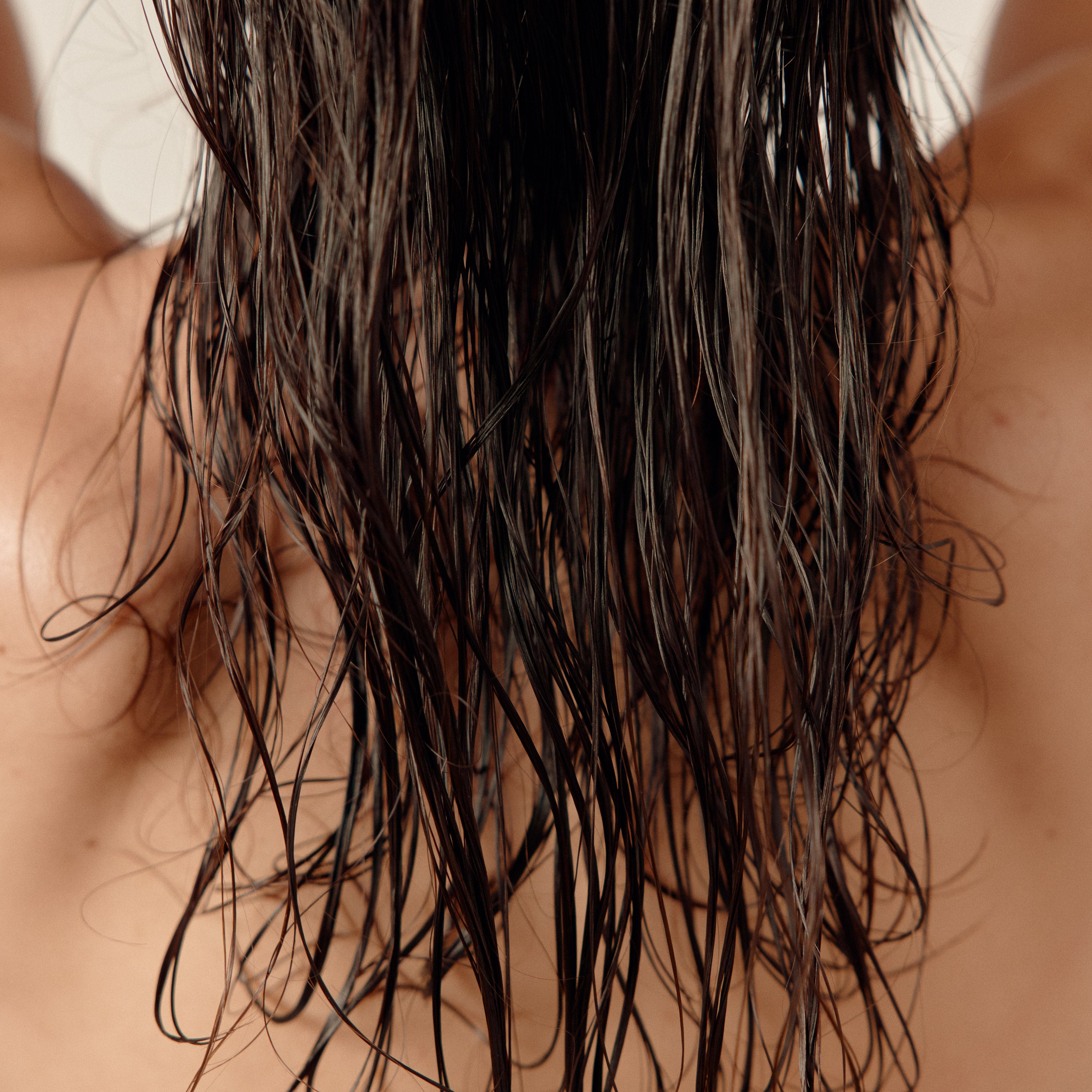
Female hair loss
Hair loss related
to PCOS
PCOS (polycystic ovarian syndrome) is a hormonal imbalance common in women of reproductive age.
Often underdiagnosed, it can affect many aspects of health: the menstrual cycle, skin, fertility... but also hair.
[ 1 ]
Understanding the mechanisms
PCOS ( polycystic ovary syndrome ) causes a hormonal imbalance, including an overproduction of androgens , so-called "male" hormones like testosterone.
This imbalance can lead to several visible symptoms: acne, irregular menstrual cycles, weight gain, etc., and hormonal hair loss called androgenic alopecia.
In some women, the ovaries (or sometimes the adrenal glands) produce more androgens than normal. Some of this testosterone is converted to DHT (dihydrotestosterone).
This molecule binds to the receptors in hair follicles and causes an acceleration of the hair's life cycle . This leads to a shortening of the growth phase, a progressive miniaturization of the follicles and a regrowth of increasingly finer hair, until regrowth stops completely.
[ 2 ]
The numbers
WORLDWIDE, among women of childbearing age
of women are affected by polycystic ovary syndrome
of women with PCOS remain undiagnosed
Sources:
French National Institute of Health and Medical Research. (2024, September 5). Polycystic Ovary Syndrome (PCOS): A Common Disorder, the Leading Cause of Female Infertility. Inserm, Science for Health . https://www.inserm.fr/dossier/syndrome-ovaires-polykystiques-sopk/
World Health Organization. (2023, June 15). Polycystic ovary syndrome . https://www.who.int/en/news-room/fact-sheets/detail/polycystic-ovary-syndrome
[ 3 ]
Recognize the signs
Type of hair loss: hair loss mainly located in the central parting or on the top of the head, with hair becoming finer, more fragile and with a progressive decrease in hair density.
Causes: excess androgens linked to PCOS, particularly testosterone converted to DHT, which shortens the hair life cycle and causes hair follicles to miniaturize.
Common Triggers: hormonal imbalance due to PCOS, often associated with factors such as stress, weight gain or hormonal fluctuations.
[ 4 ]
TAKE BACK CONTROL
It is possible to take action to better balance your hormones, in particular by targeting this imbalance through an adapted lifestyle: stress management, healthy diet, and medical monitoring.
More and more studies are highlighting the link between PCOS and psychological trauma , highlighting the importance of taking care of one's mental health as well.
Taking these key elements into account will allow you to adopt a more balanced lifestyle and regain a healthier scalp.
To limit the progression of hair loss, it is also essential to stimulate the scalp daily to promote blood circulation. Good circulation can lengthen the hair cycle, thus improving the health of the follicles.
Using a DHT blocker can also reduce the negative impact of this hormone on hair, slowing follicle miniaturization and preserving hair density.
The HACT routine was designed specifically to address this type of problem.
YOUR TAILORED ROUTINE
[ 5 ]
a word from the founders

Marie & Julie
Founders of HACT
In summary
Link between PCOS and hair loss
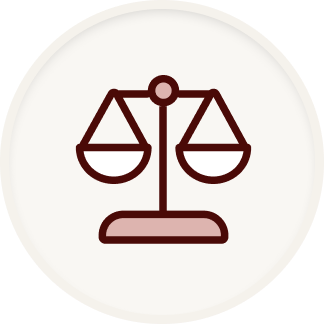
Ovarian dysfunction
Polycystic ovary syndrome: Insulin resistance and overproduction of androgens (testosterone, androstenedione)
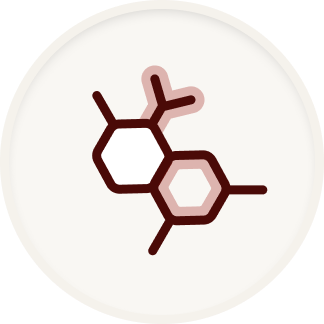
Increased DHT
Increased conversion of testosterone to dihydrotestosterone by the enzyme 5α-reductase
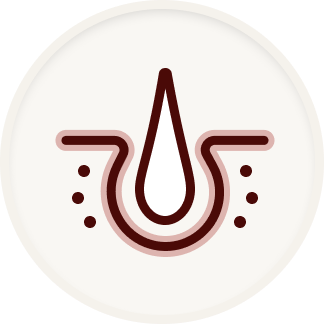
Follicular miniaturization
Follicular androgen receptors are overstimulated
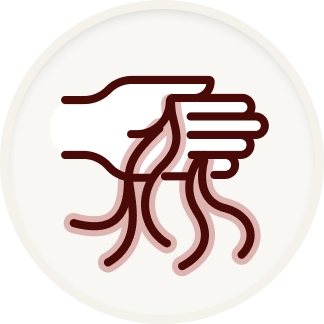
Hair loss
Early androgenic alopecia: Thinning of the vertex and temples with miniaturized hair, progressive development over several years
















